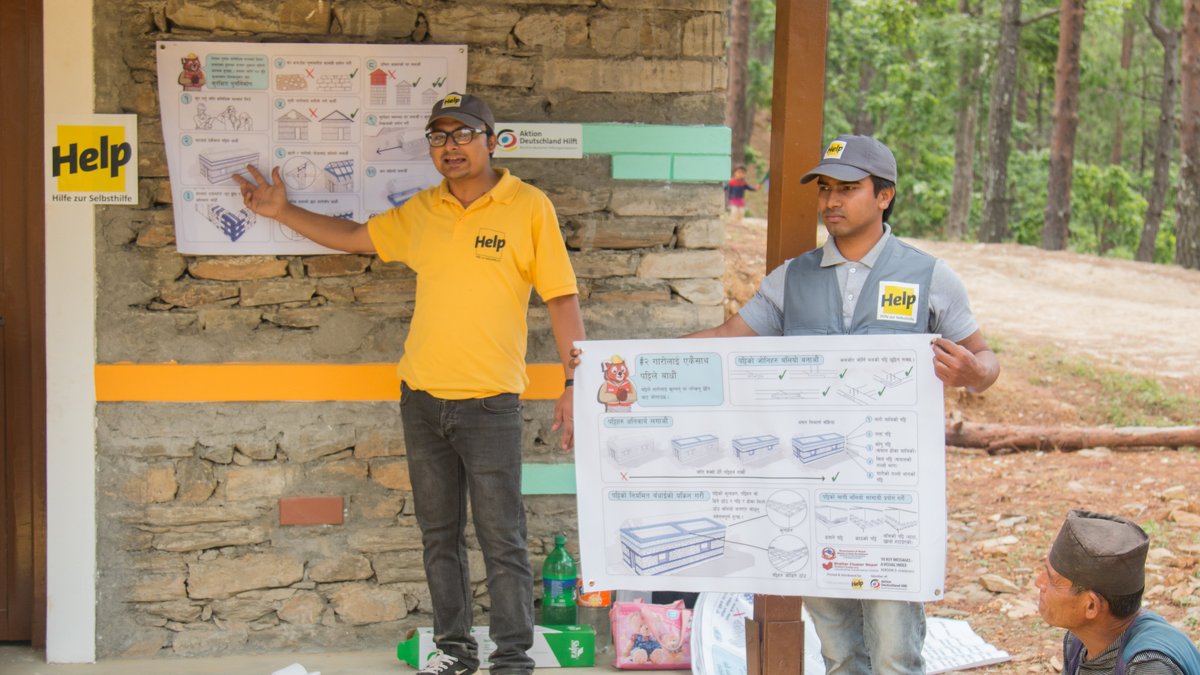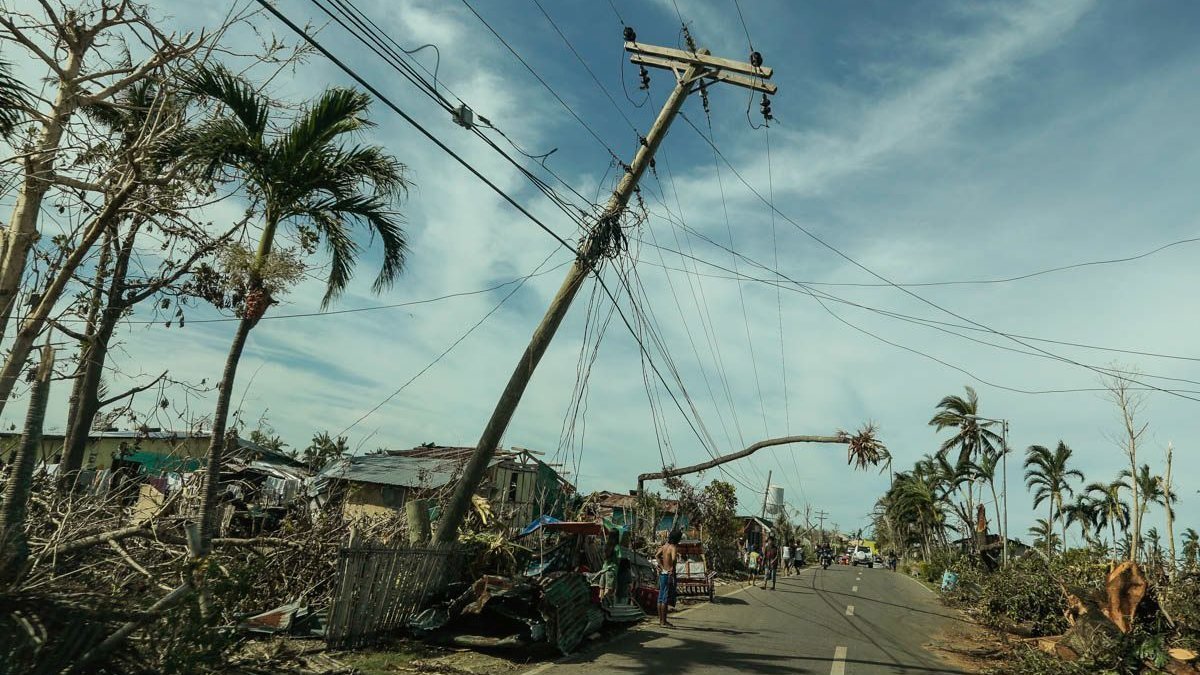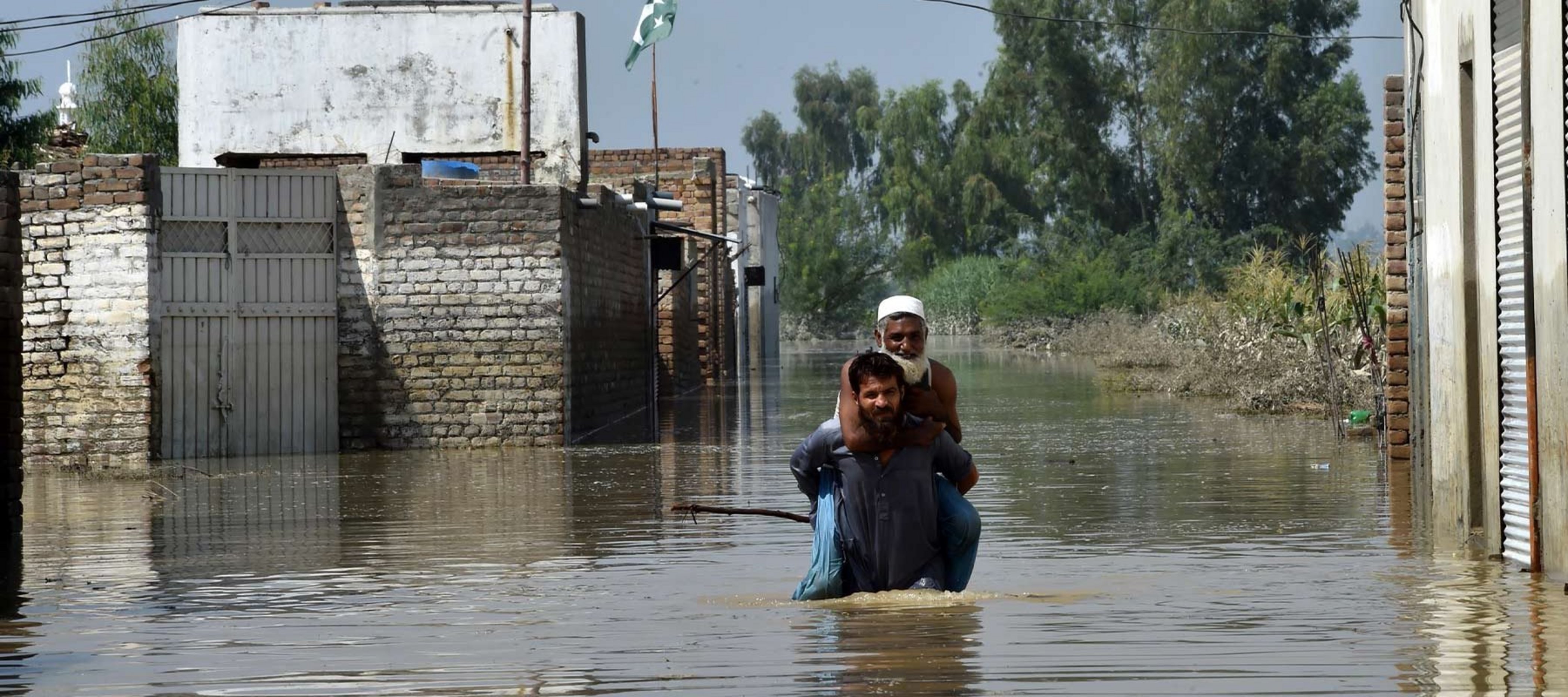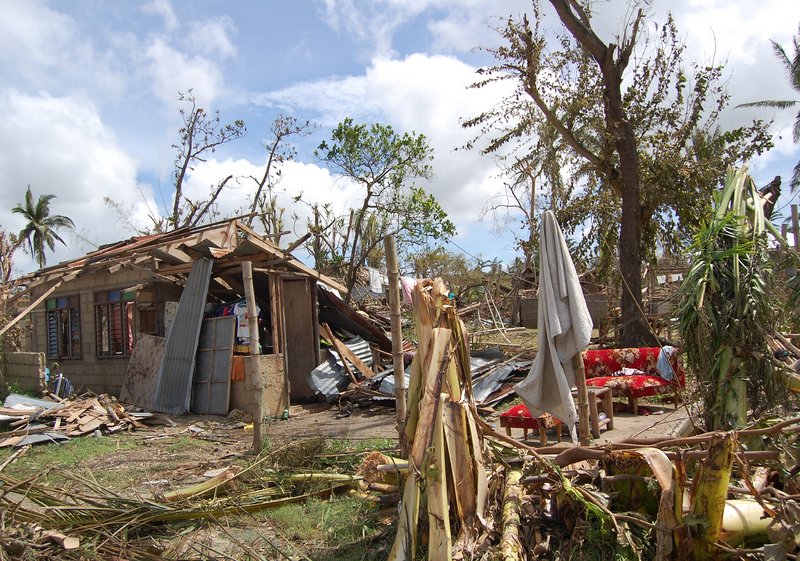Donate for disaster preparedness
![[Translate to English:] [Translate to English:]](/fileadmin/_processed_/3/c/csm_Katastrophen_Header__1__Tim_Freccia_8006062788.png)
Disaster preparedness
Floods, storms, earthquakes: The number and extent of natural disasters have increased alarmingly in recent years. The world's poorest countries are often hit the hardest. In order to reduce the impact of disasters, it is important to take the right precautionary measures.
More natural disasters due to climate change
In 2023, there were 399 natural disasters and extreme weather events worldwide, which affected around 93 million people. Experts estimate that the number of disasters will continue to rise in the future due to climate change. As a result, 140 million climate refugees are expected by 2050.
The severe earthquake in Turkey and Syria in 2023, Cyclone Idai in Zimbabwe in 2019 and Typhoon Mangkhut in the Philippines in 2018: all of these natural disasters have caused immense damage. In these countries, not only were homes destroyed, but the infrastructure was also paralyzed. The already very poor countries were not prepared for such disasters: many people did not know what to do in the event of such disasters. There was a lack of knowledge about first aid measures. The construction of many buildings did not meet the necessary safety criteria.
What does Help do in disaster preparedness?
Strengthening resilience

In poorer countries, people often do not have the means to prepare for natural disasters. We strengthen the self-help capabilities of the population in regions that are particularly often affected by disasters. The better prepared people are for an emergency, the better they will be able to get out of the crisis afterwards.
The keyword in disaster prevention is "resilience" and describes people's ability to withstand crises. We strengthen this resilience through various measures.
Help supports those affected by training them in earthquake-proof construction techniques and the production of high-quality building materials, for example. We also set up preparedness committees and train their members in how to behave during and after a disaster. We also set up early warning systems so that the population is informed directly in the event of an emergency.




